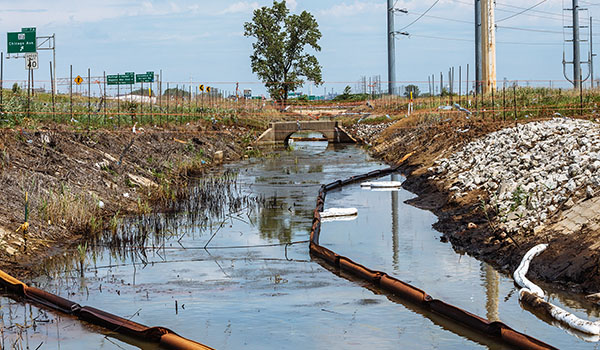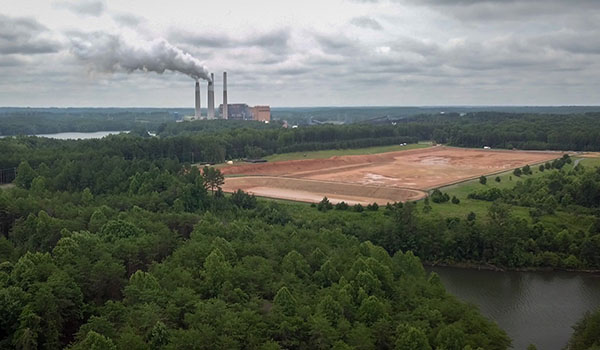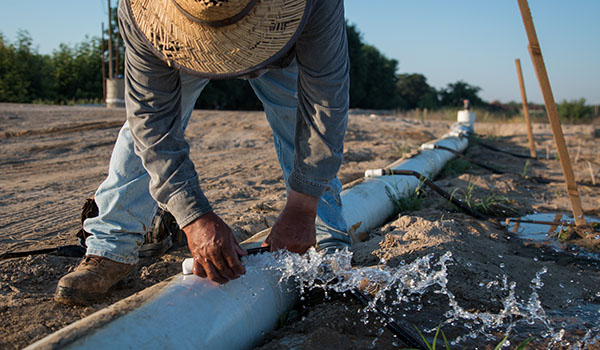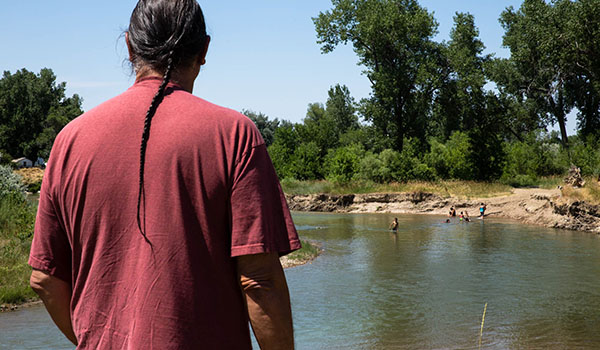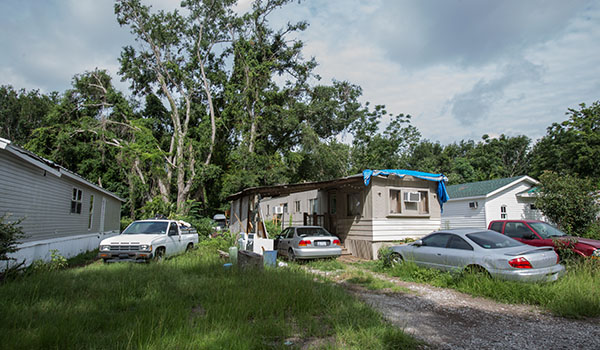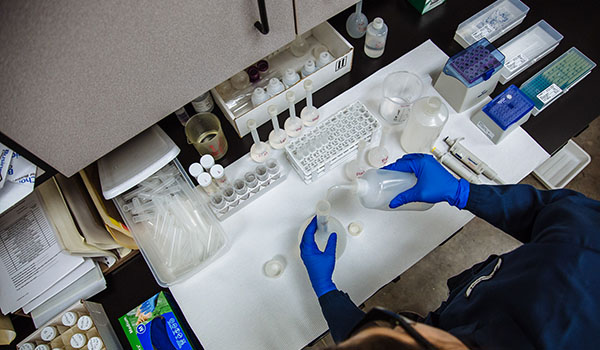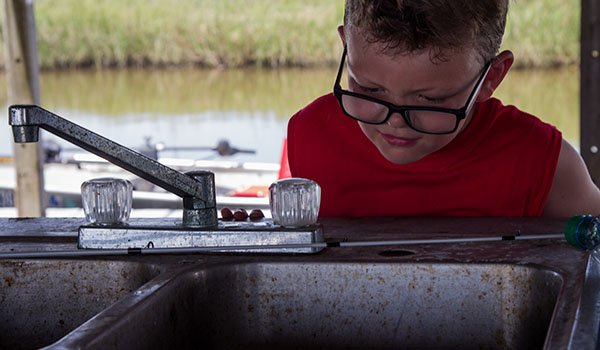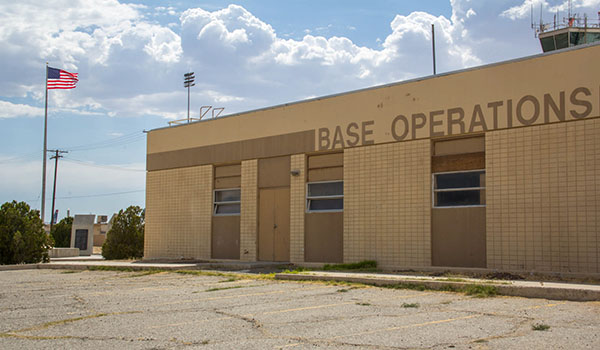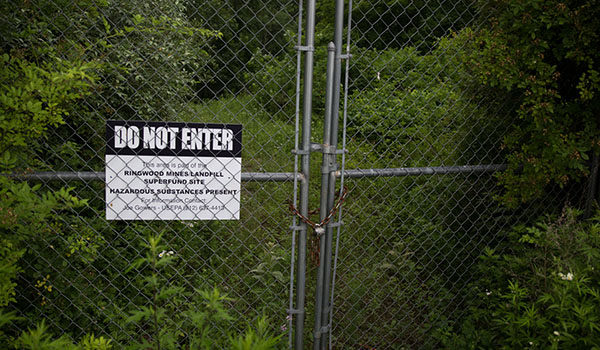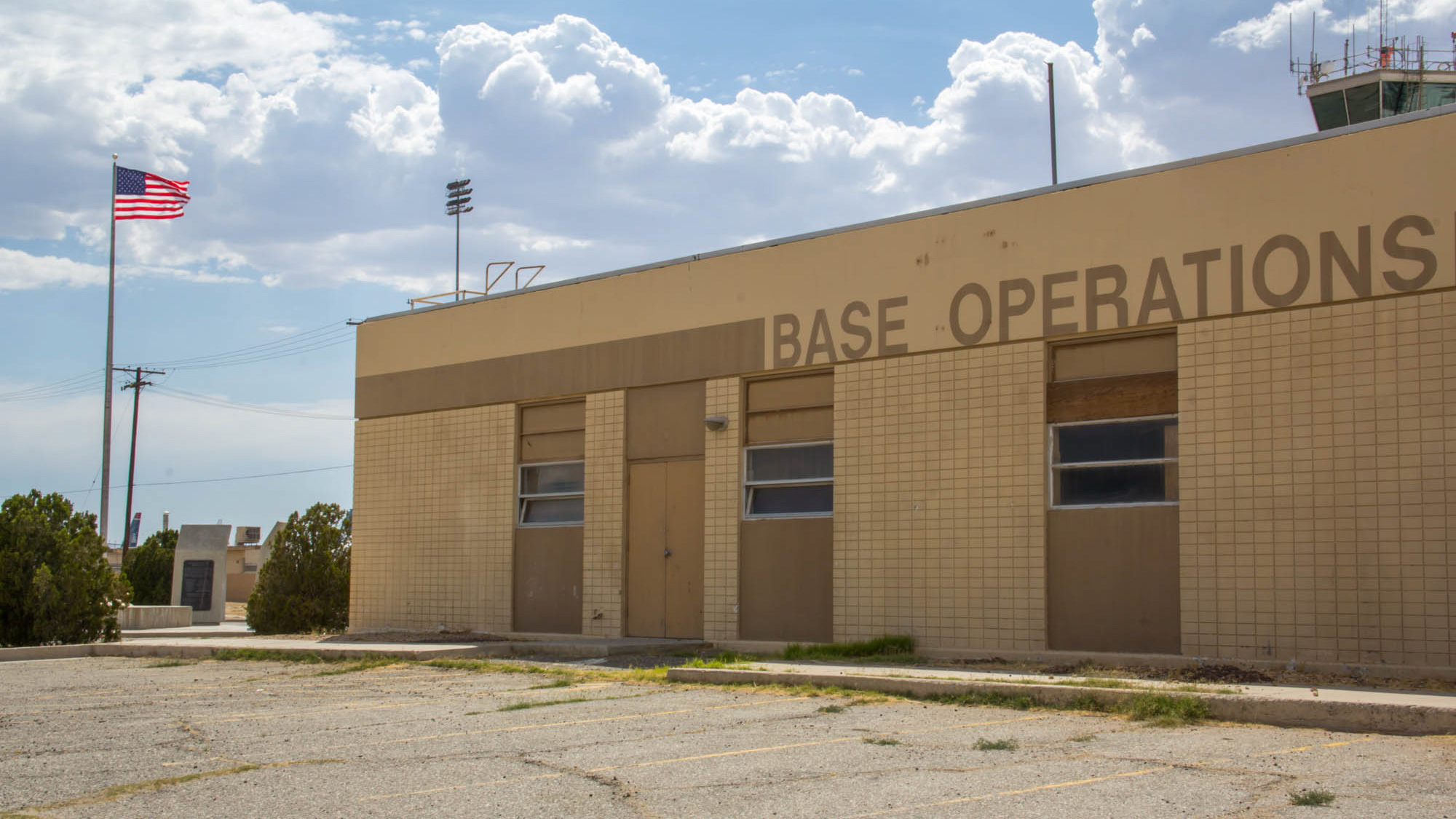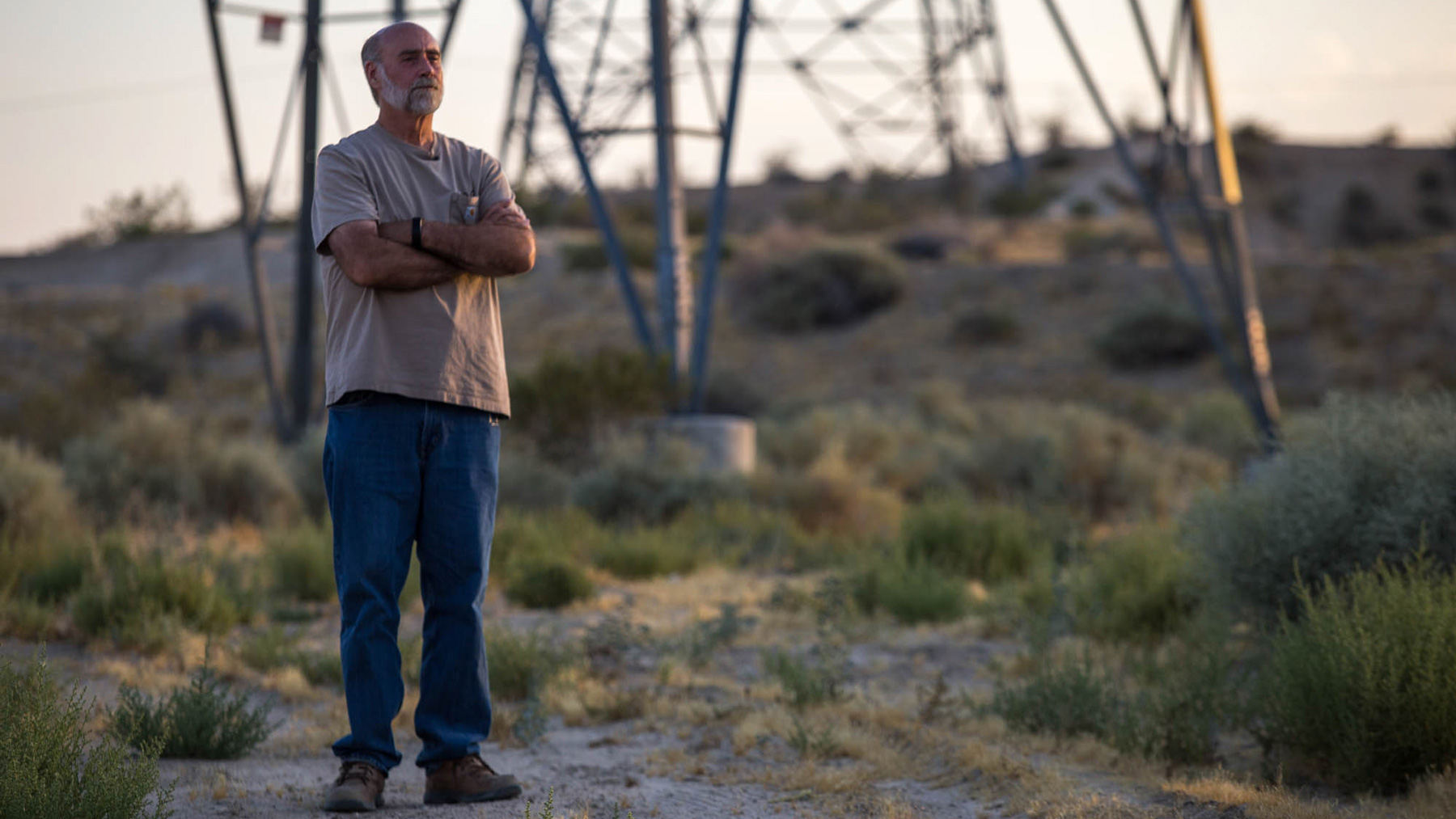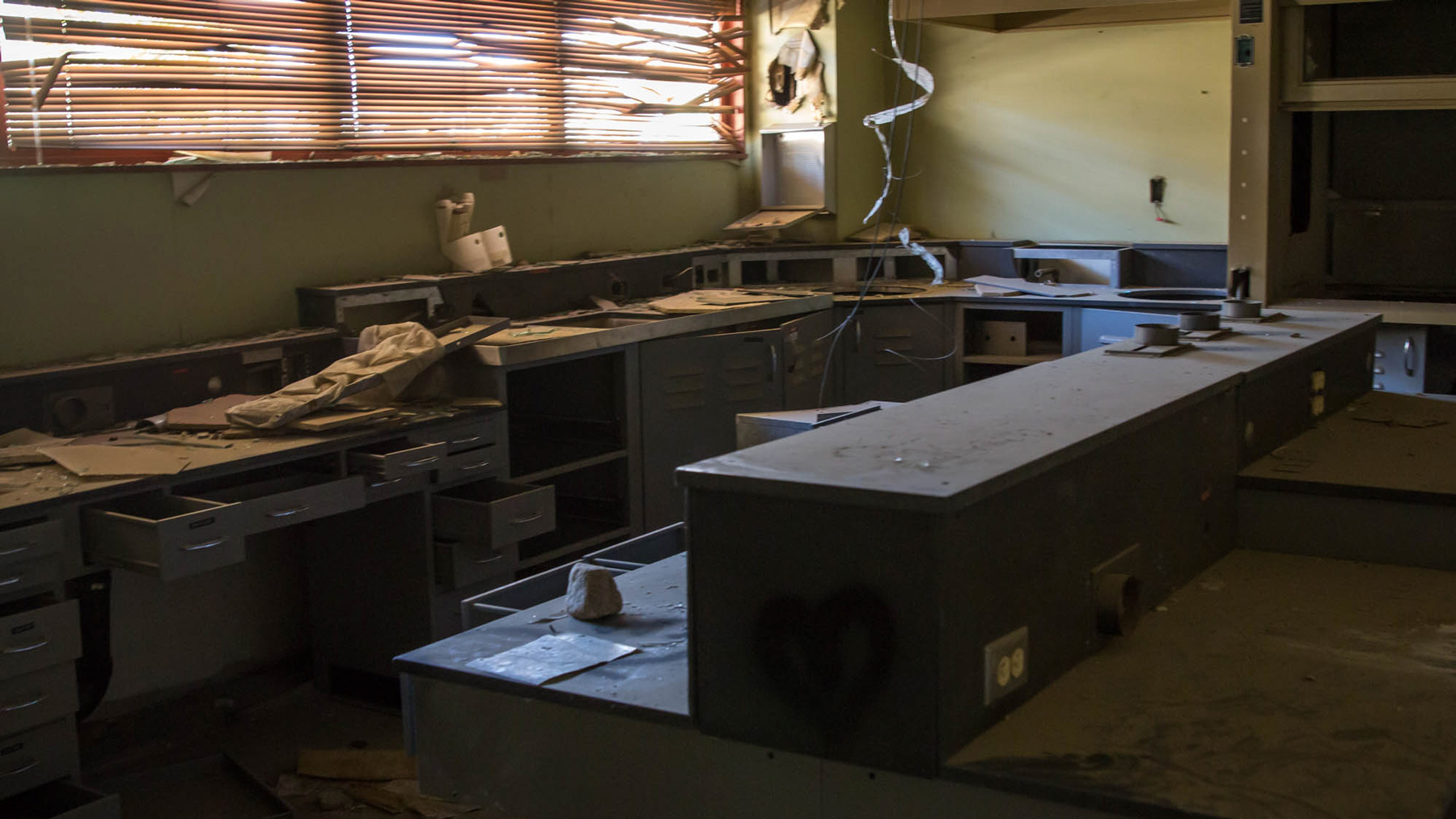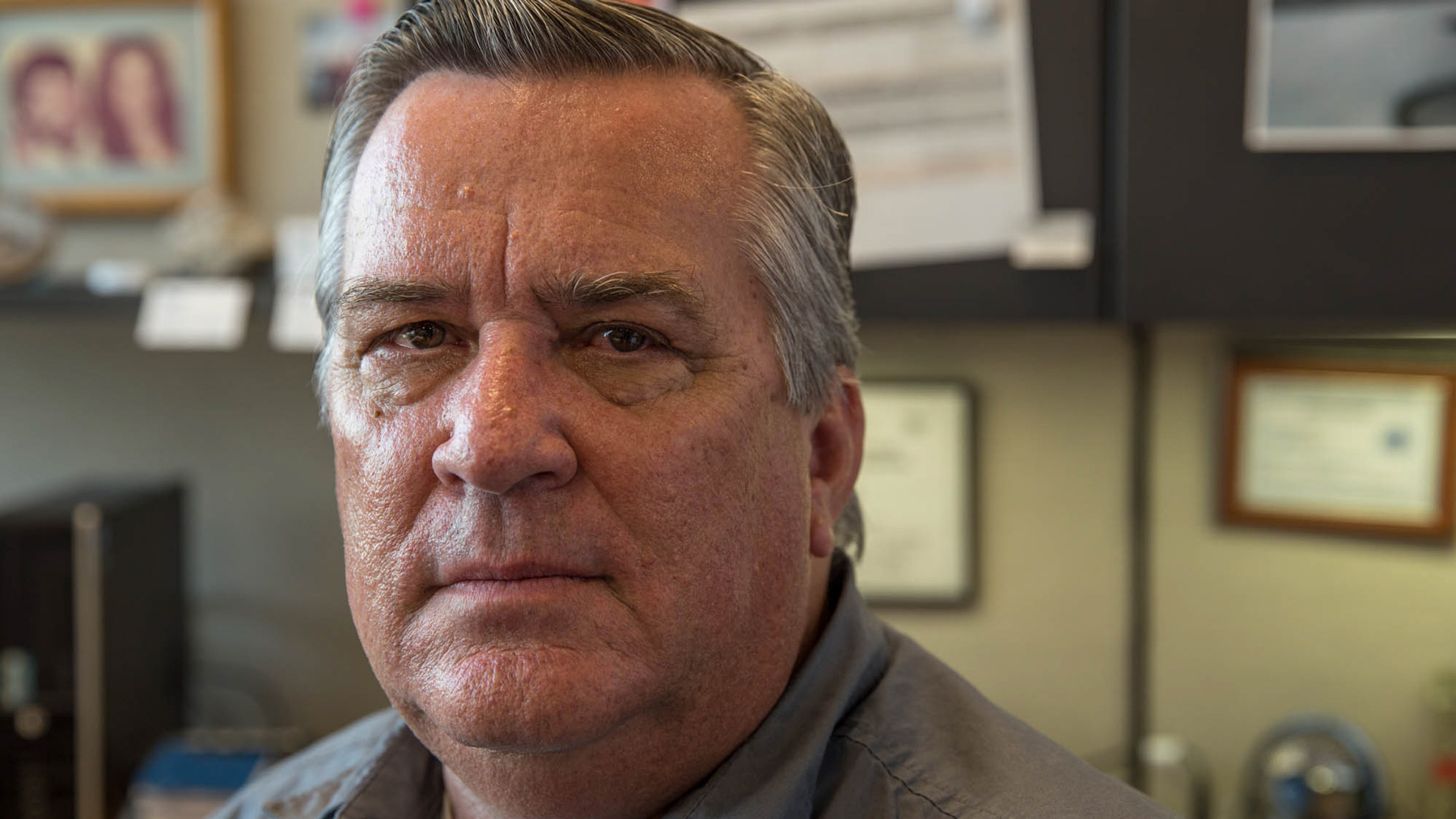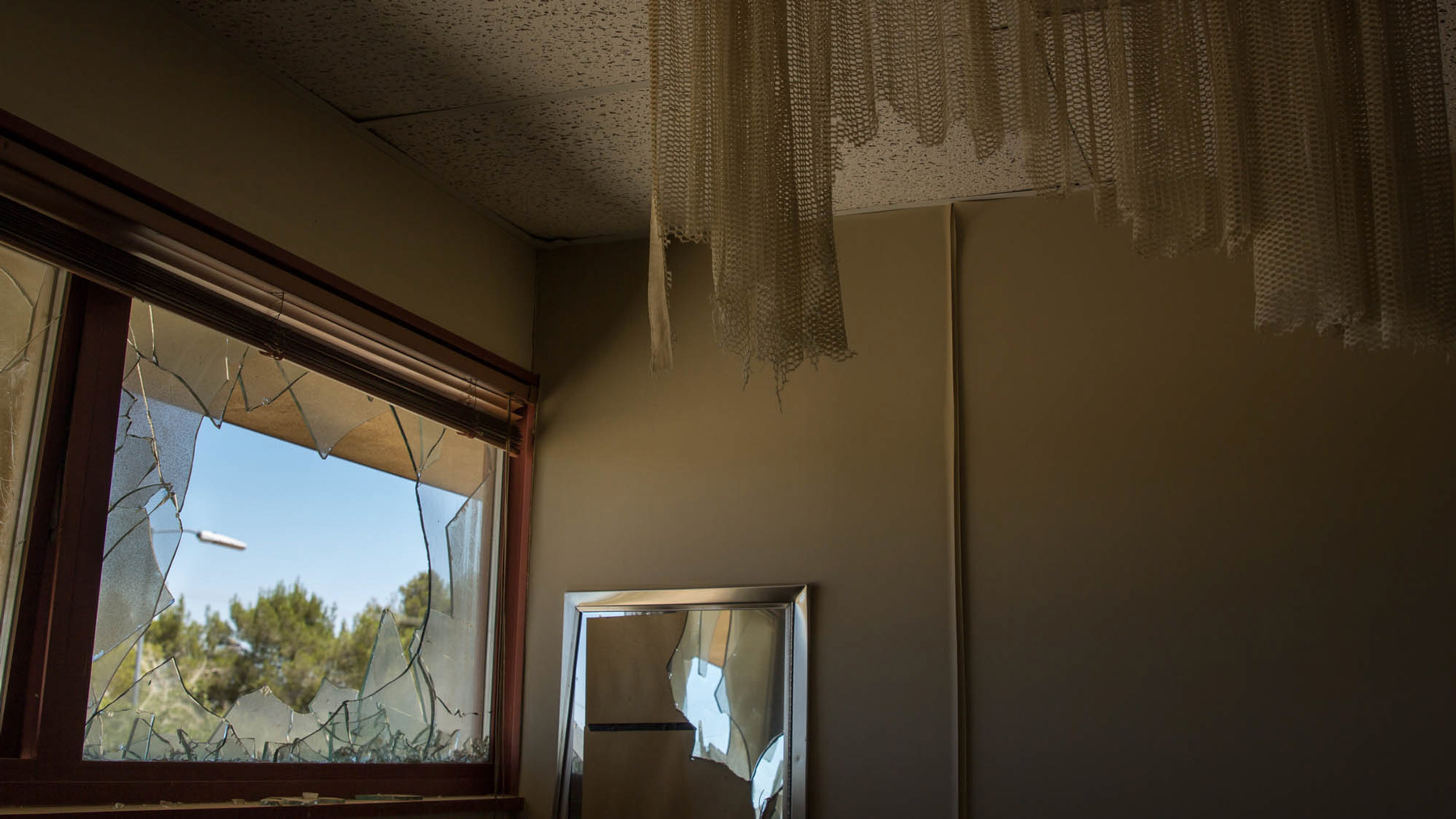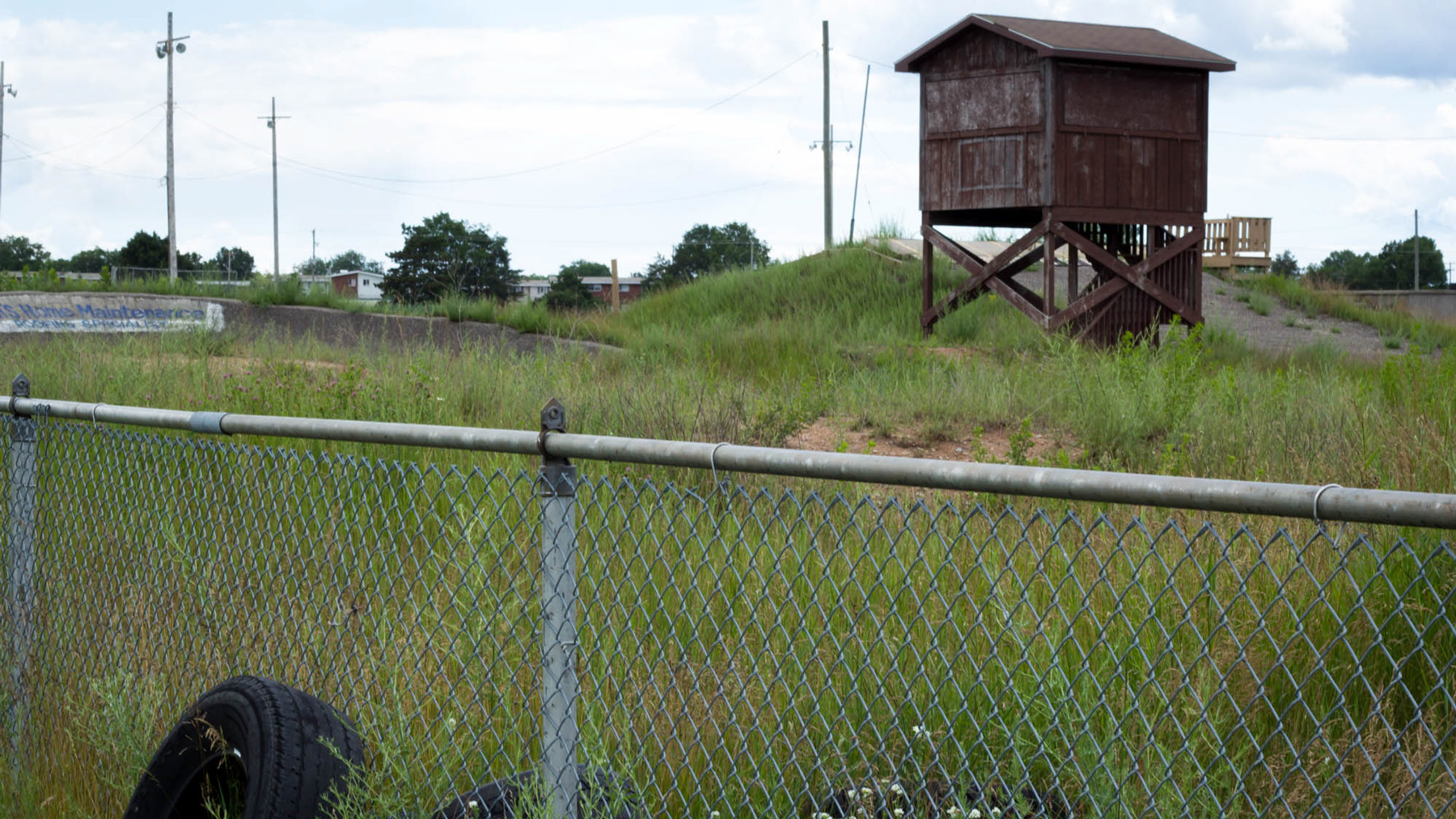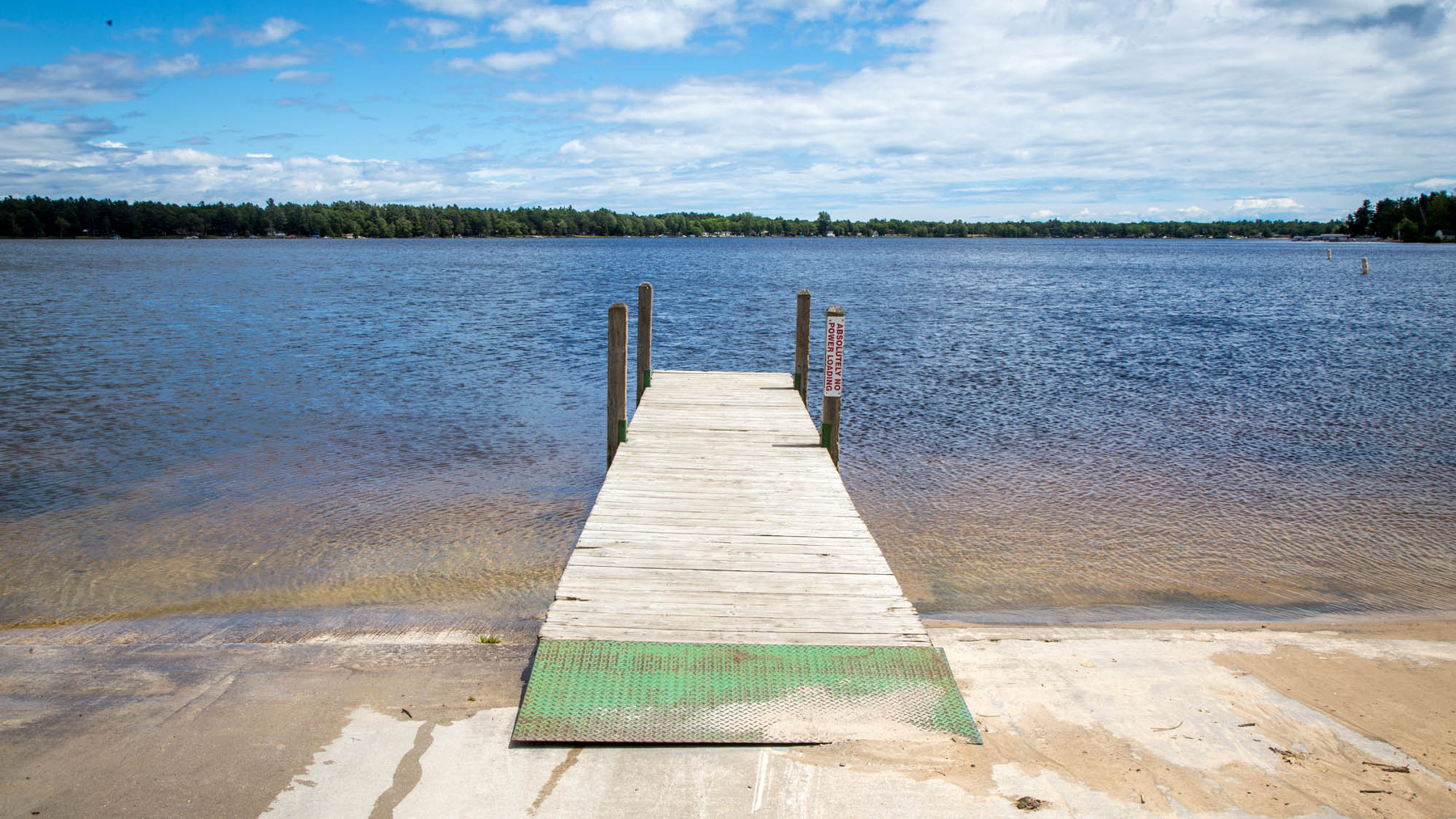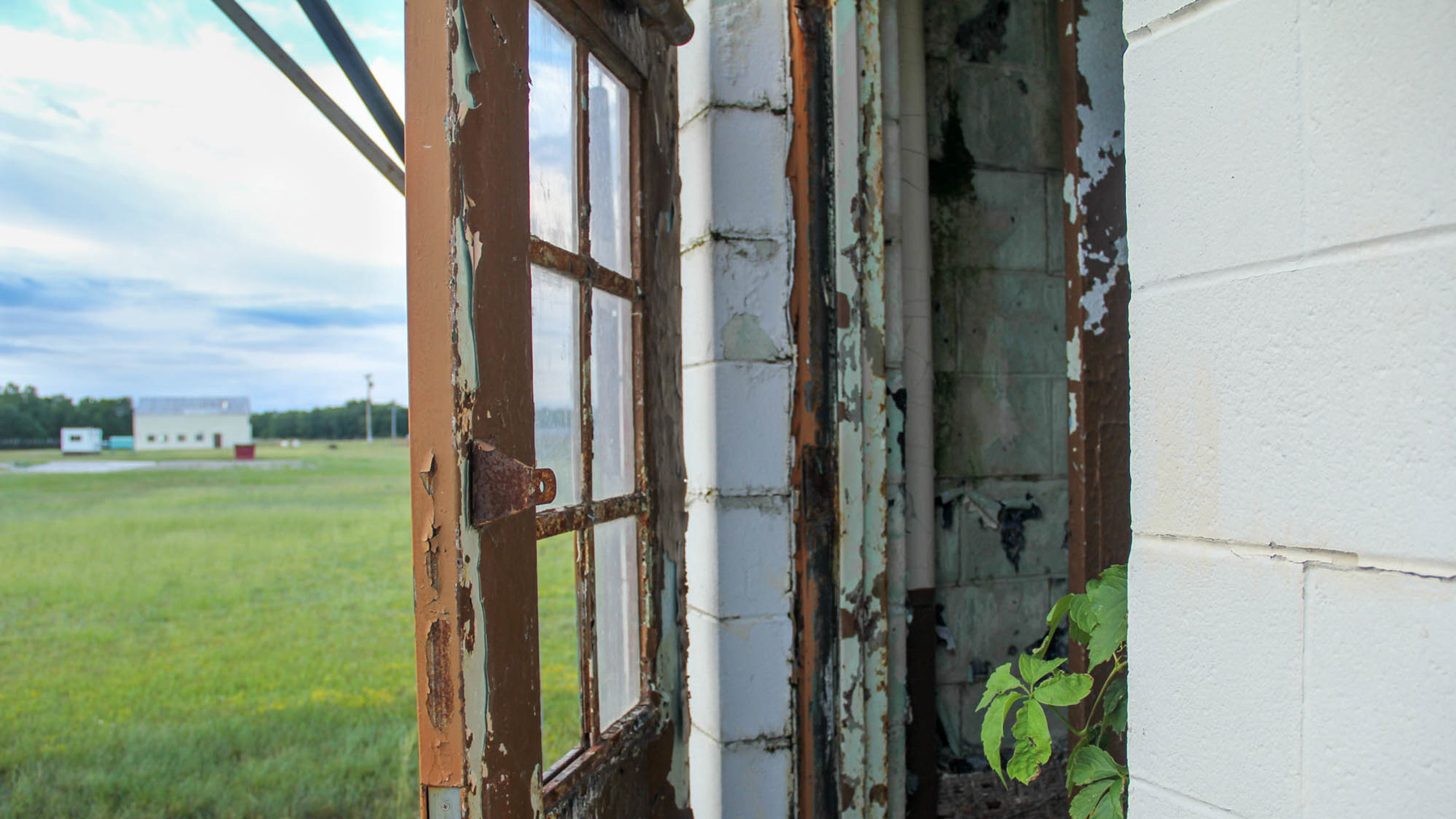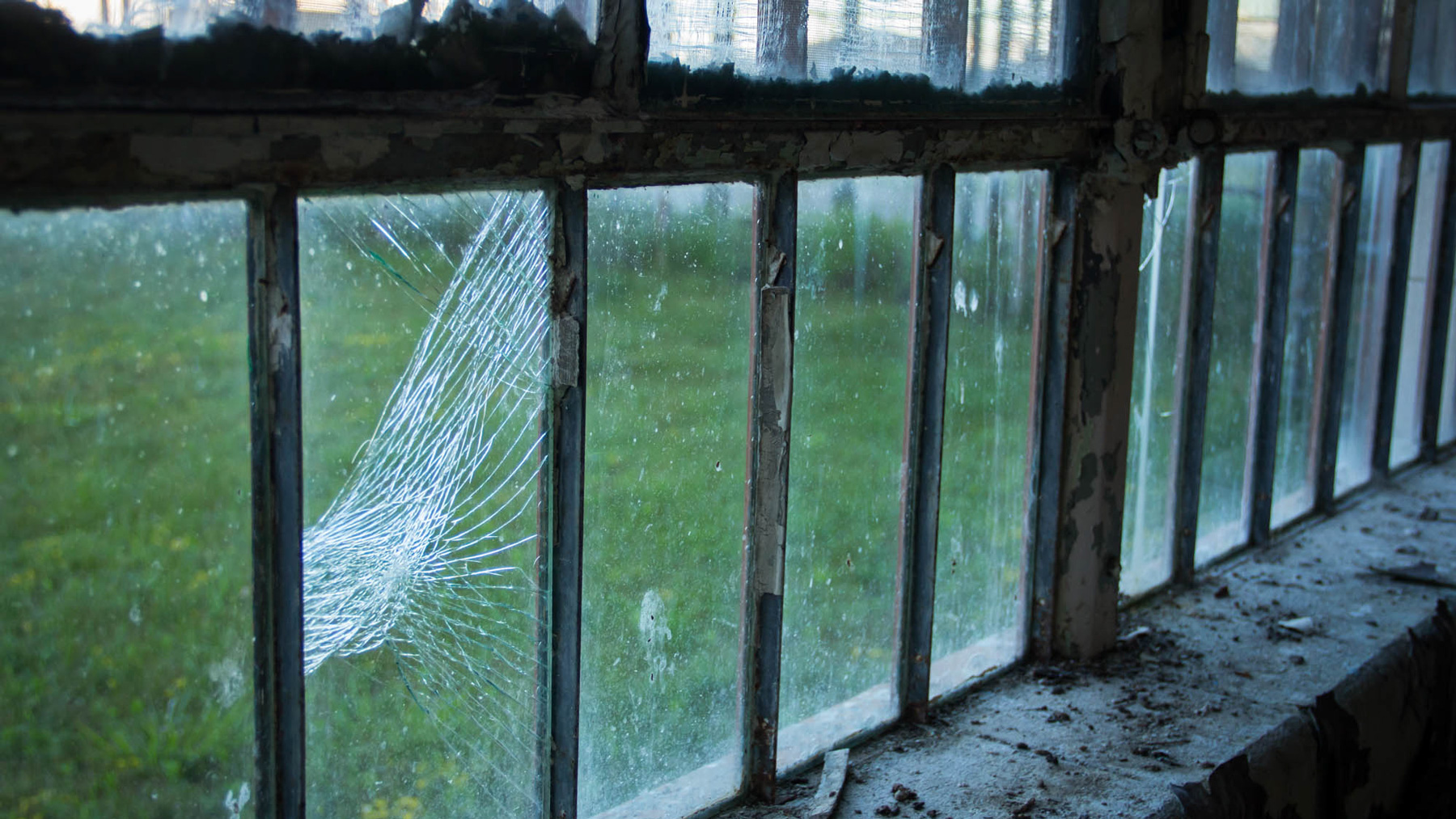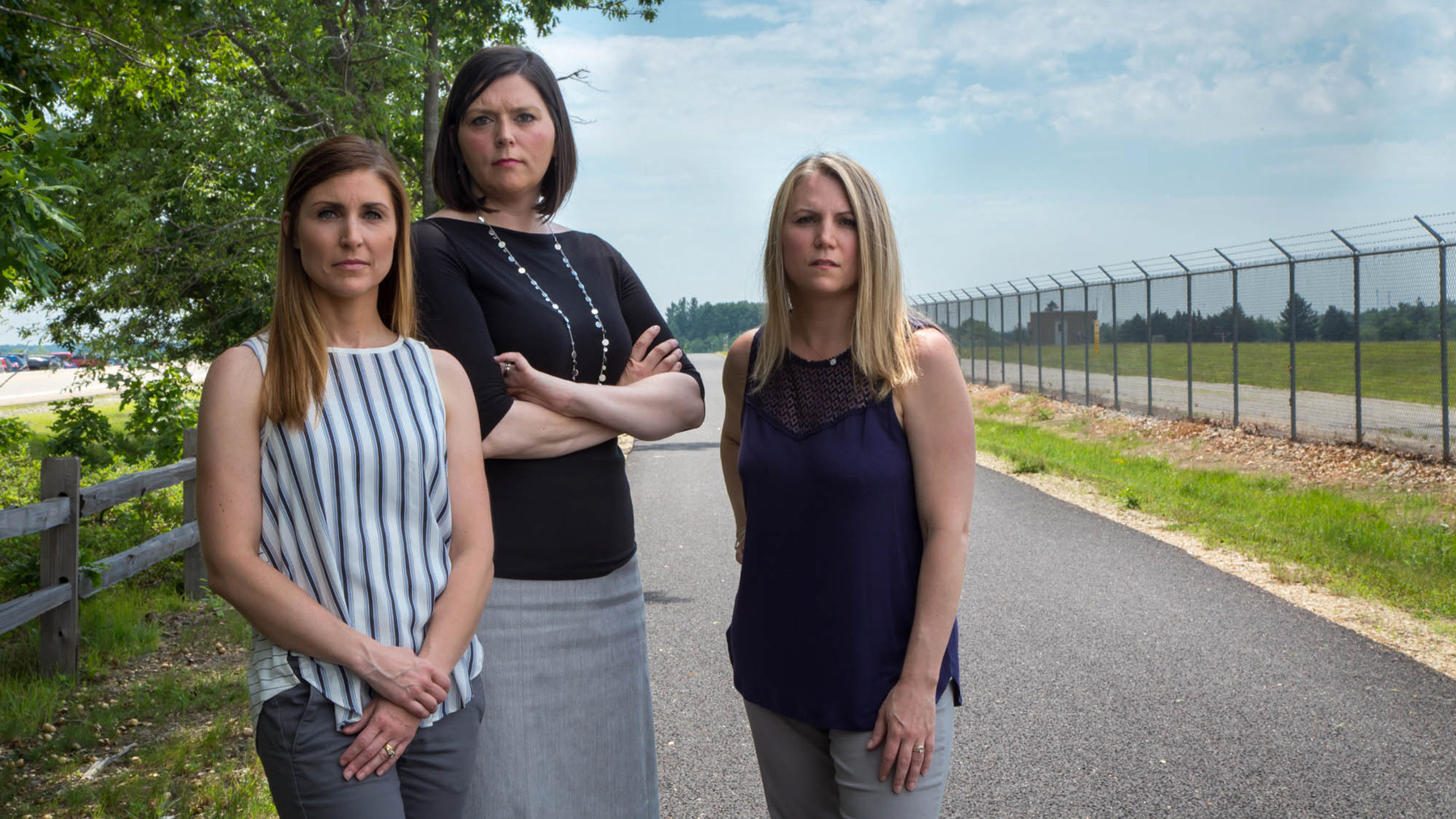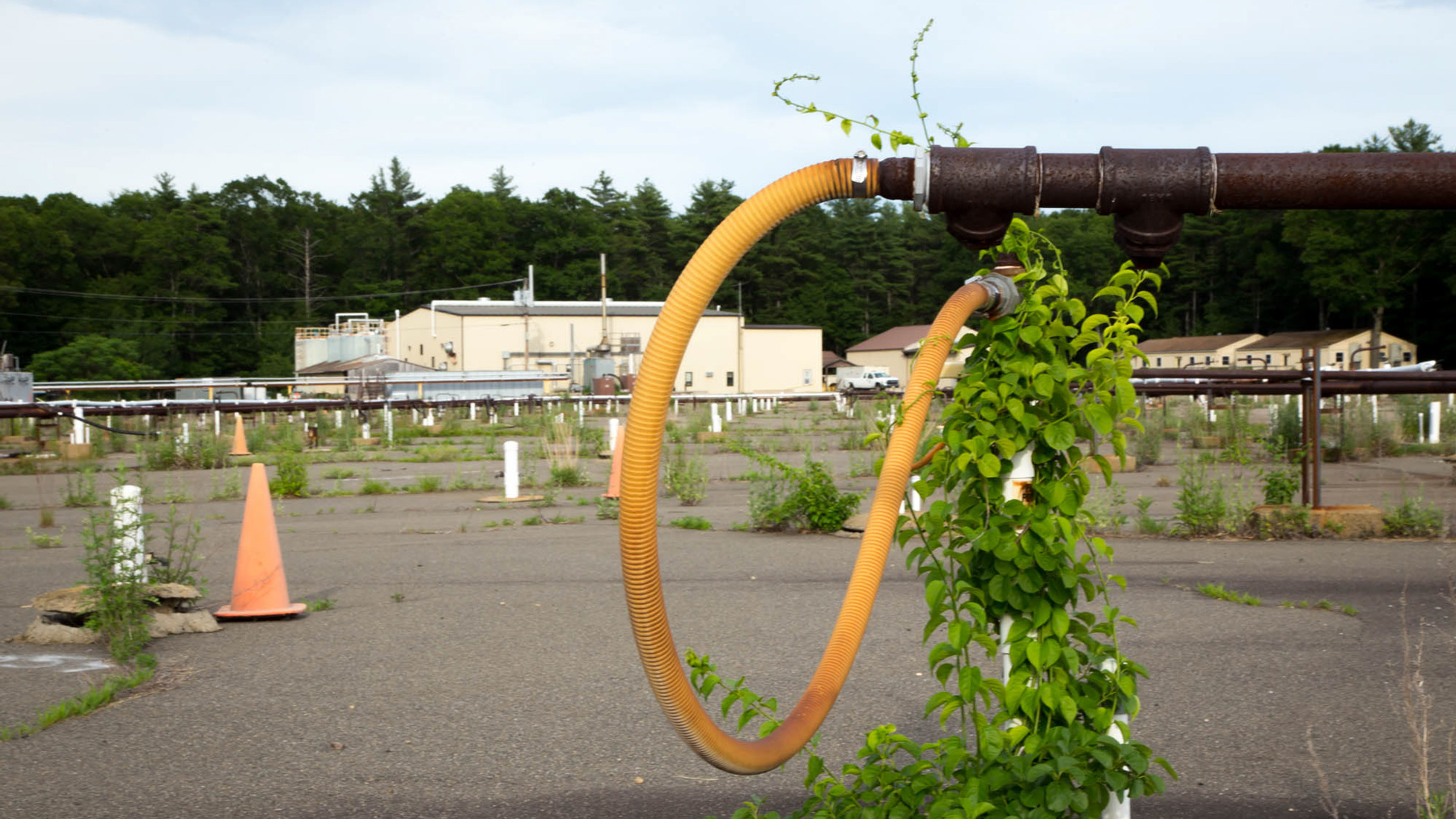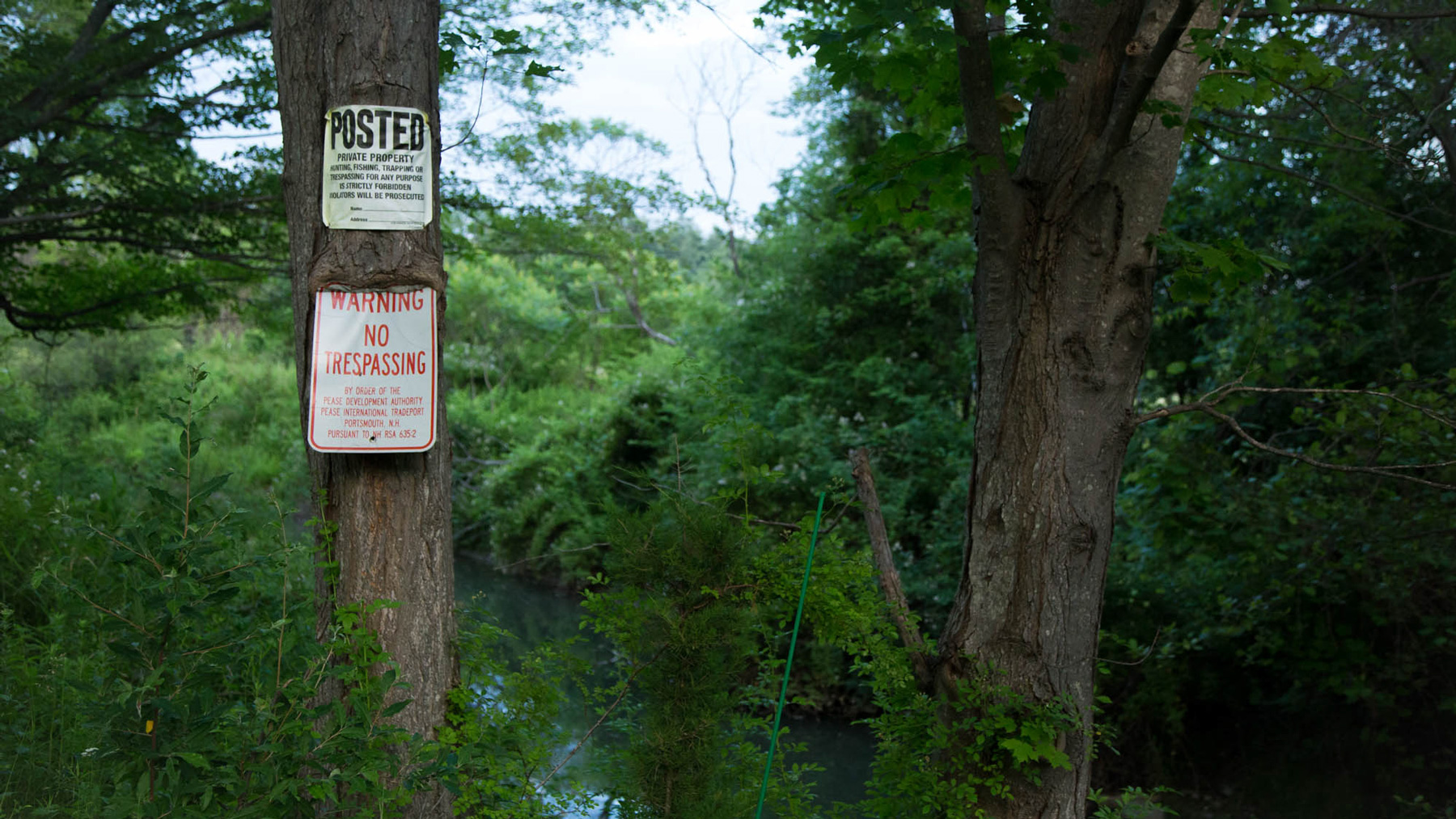In 2015, PFAS chemicals also were found by the Air Force in the groundwater at the base, a potential threat to the businesses that have been built on the base, as well as surrounding communities.
“We’re not aware that the perfluorinated compounds have impacted any of the drinking water wells downgradient of the base,” Muir said. “There is potential, and that’s why the Air Force will be sampling in the future, and we’ll encourage that.”
Vera, 64, worked in the gun shop, where he said he used chlorinated solvents to clean weapons. “I would come out of there drenched in TCE,” he said. “They would empty the wash tank periodically and just dump it down the drain.”
“The Air Force and the government in general, betrayed not only me, but everyone who stayed at these Superfund sites because they absolutely knew that they were contaminated,” said Vera. “They knew the harm it would possibly cause us.”
“I drank gallons and gallons of water because it was the desert,” he said. “A lot of times, it was dark and had a real chemical taste. It tasted like JP-4, jet fuel.”
In 2008, Vera created a website, Georgeafb.info, which started out as an “information repository” to keep his records and documents. Lisa McCrea, a former military wife, learned about the tainted water from his website.
“Lots of us didn’t know a thing about the contamination,” said McCrea, 49. “We owe so much to Frank for his tireless years of work on this, trying to bring this to light (and) letting everybody know because there’s still families out there that have no clue.”
McCrea lived on the base with her family for four years. She recalled the unsettling memory of pesticides being sprayed on her home, leaving yellow stains on the walls and on their clothes. In July, she made the trip from Ohio to California to revisit the base.
“It’s hard to believe that we used to live here day in and day out without any protection,” said McCrea, standing in front of her former house. “And it’s even more upsetting that they (Air Force) let us live here without doing anything about it.”
Terri Crooks, 59, is an Air Force veteran who was stationed on the base in the mid-’80s where she worked as an administrative clerk. She later was diagnosed with breast cancer and gynecological issues.
From Vera’s website, Crooks learned that her conditions could be related to exposure to pesticides and submitted a claim to the Department of Veterans Affairs in 2015. The VA awarded her 70 percent disability, acknowledging that her health conditions could be connected to her military service at the base.
